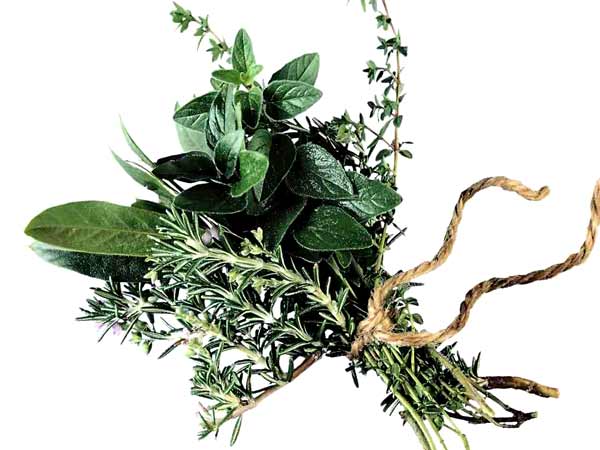According to Ayurveda to lead a healthy and disease free life herbs are been used since ancient times. This article discusses the medical properties of Ayurvedic herbs.
Significance of Ayurvedic Herbs

Ayurveda is the traditional medicinal form, prevalent in India since 2000 B.C. The Ayurvedic treatment is entirely based on herbs, which have certain medicinal value or property. In the ancient times, the Indian sages believed that Ayurvedic herbs are one-stop solutions to cure a number of health related problems and diseases. They conducted thorough study about the same, experimented with herbs to arrive at accurate conclusions about the efficacy of different plants and herbs that have medical value.
Most of the Ayurvedic herbs, thus formulated, are free of side effects or reactions. This is the reason why Ayurveda is growing in popularity across the globe. The Ayurvedic herbs that have medicinal quality provide rational means for the treatment of many internal diseases, which are otherwise considered incurable in other systems of medicine. Go through the following lines to learn all about the importance of herbs in order to lead a healthy, peaceful and disease-free life.
Importance Of Herbs in Ayurveda
- Many herbs are used to alter or change a long-standing condition by eliminating the metabolic toxins. Also known as 'blood cleansers', certain herbs improve the immunity of the person, thereby reducing conditions such as fever. Herbs such as ginseng, aloe, sandalwood, red clover, burdock, bayberry, black pepper, cinnamon, myrrh, and safflower are known for their alterative property, which are used to heal wounds, sores and boils as well.
- In order to neutralize the acid produced by the stomach, herbs such as marshmallow root and leaf are used. They serve as antacids. The healthy gastric acid needed for proper digestion is retained by such herbs.
- Antibiotic herbs like turmeric are useful in inhibiting the growth of germs, harmful microbes and bacteria. Turmeric is widely used as a home remedy to heal wounds and cut.
- To reduce fever and the production of heat caused by the condition, certain antipyretic herbs such as black pepper, sandalwood, safflower and brihati are recommended by Ayurvedic practitioners.
- An important medical property of herbs is to serve as antiseptic. Aloe, sandalwood, turmeric, chitrak and gokshura are commonly used antiseptic herbs that are high in their medicinal value.
- Since ages, Indian sages have been using antivenomous herbs, which act against poisonous matter from animals such as snake.
- Certain aromatic herbs like cardamom and coriander are renowned for their appetizing qualities. Other aromatic herbs such as cloves, peppermint and turmeric add a pleasant aroma to the food, thereby increasing the taste of the meal. They serve as digestives and condiments for the food as well.
- Apart from being aromatic, sandalwood and cinnamon are also great astringents. Sandalwood is especially used in arresting the discharge of blood, mucus etc.
- Certain aromatic plants such as aloe, barberry, golden seal and chirayat are used as mild tonic. The bitter taste of such plants reduces toxins in blood. They are helpful in destroying infection as well.
- Ayurvedic practitioners recommend calmative herbs, which provide a soothing effect to the body. They are often used as sedatives.
- Herbs such as Chamomile, chrysanthemum, coriander, fennel, peppermint, and spearmint, ajwan, basil, calamus, cardamom, cinnamon, ginger, and turmeric are helpful in promoting good blood circulation. Therefore, they are used as cardiac stimulants.
- Certain herbs have disinfectant property, which destroys disease causing germs. They also inhibit the growth of pathogenic microbes that cause communicable diseases. Arka, gudachi and katuka are the examples of disinfectant herbs.
- Certain cough syrup ingredients like ginger and cloves are known for their expectorant property, which promotes the thinning and ejection of mucus from the lungs, trachea and bronchi. Cardamom, eucalyptus, wild cherry and cloves are also expectorants.
- In order to increase the activity of a system or an organ, certain herbs like camphor, cayenne, myrrh, guggul and gotu kola are used as stimulants.
- Herbs serve as tonic. A wide variety of herbs including guduchi, katuka, golden seal, aloe, barberry and bala are used as tonics or chief ingredients of a tonic. They can also be nutritive and rejuvenative.
- Honey, turmeric, marshmallow and licorice can effectively treat a fresh cut and wound. They are termed as vulnerary herbs.



